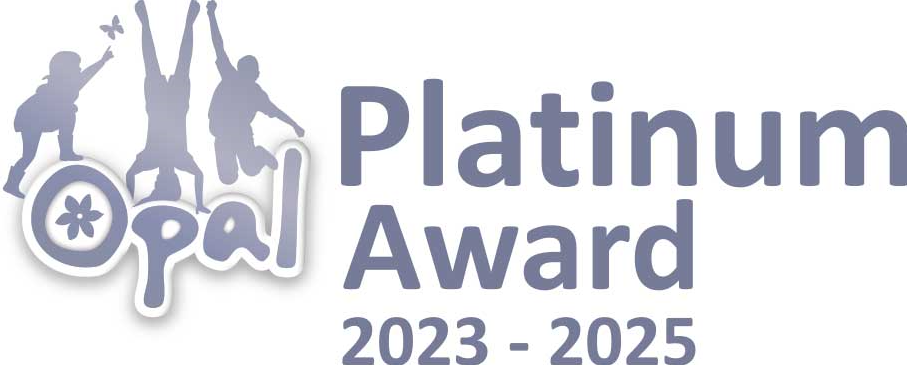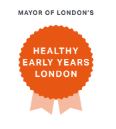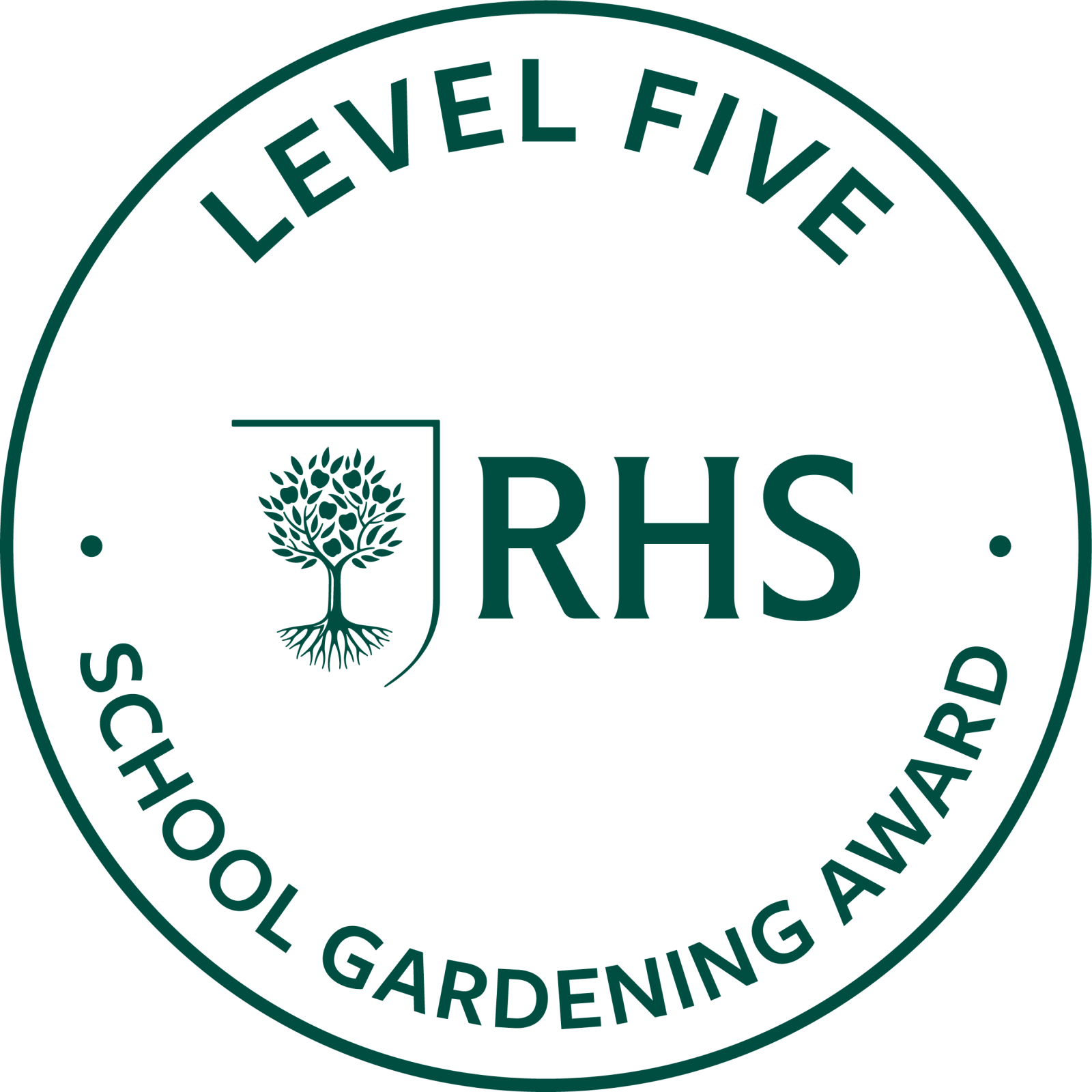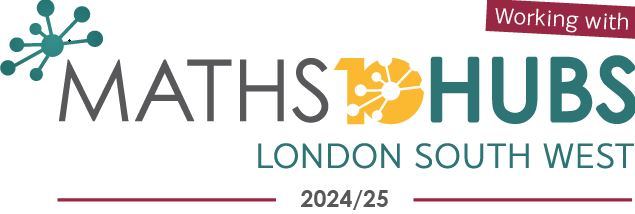History
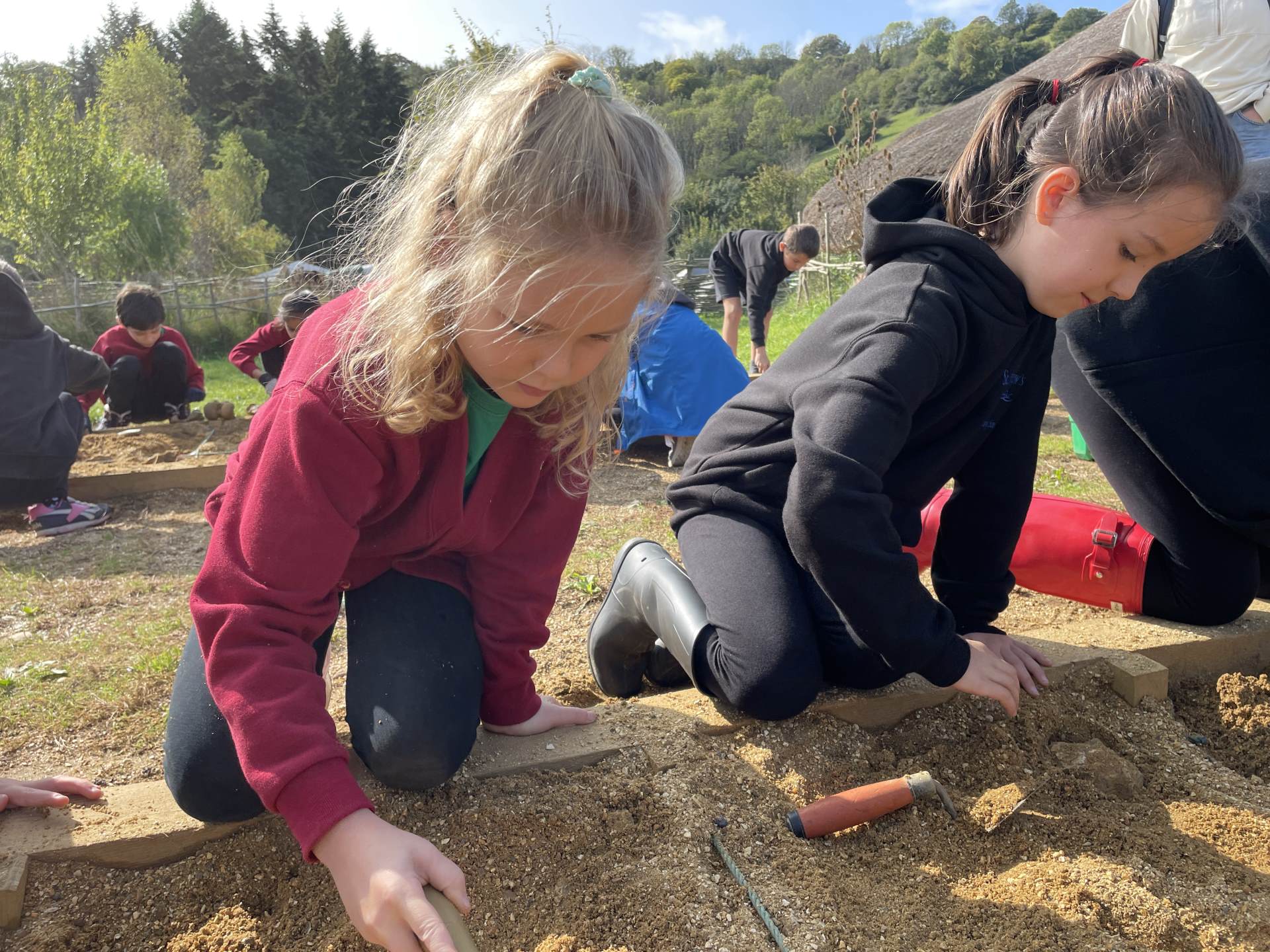
Our Vision for History
History at St. Matthew's helps our pupils gain a coherent knowledge and understanding of Britain’s past and that of the wider world. With the location of our school been where it is we are incredibly lucky to have Hampton Court Palace, The British Museum, London to support in our WW2 learning on our doorstep. We make sure that we make use of all these historical places to bring our lessons to life.
As our children progress through school, they will gain the skills to ask perceptive questions, think critically, weigh evidence and arguments as well as develop perspective and judgement. Our ambitious history curriculum is accessible to all pupils through careful ongoing scaffolding and adaptations. This allows our pupils to leave St. Matthew's as confident historians who possess an excellent knowledge and understanding of people and events from a range of historical periods and the skills to reflect on, debate and evaluate the past. Our History curriculum helps to develop our children’s sense of community, empathy and identity. Our children are able to better understand the present by exploring how historical changes create the diverse community we have today.
Our History Curriculum
The history projects are well sequenced to provide a coherent subject scheme that develops children’s historical knowledge, skills and subject disciplines. Key aspects and concepts, such as chronology, cause and effect, similarity and difference, significance and hierarchy, are revisited throughout all projects and are developed over time. All projects also develop historical skills based on evidence and historical enquiry. The choice of historical periods follows the guidance set out in the national curriculum, with specific details relating to significant events and individuals chosen to present a rich and diverse account of British and world history. Where there are opportunities for making meaningful connections with other projects, history projects are sequenced accordingly. For example, the project Dynamic Dynasties is taught alongside the art and design project Taotie to give children a better all-round understanding of ancient Chinese arts and culture. All history projects are taught in the autumn and summer terms, with opportunities for schools to revisit historical concepts in some of the spring term geography projects.
EYFS
In Early Years Foundation Stage , the children understand that the passage of time changes the world around them; for example: noticing changes in nature, knowing that tadpoles and caterpillars change over time. They understand that celebrations (such as Christmas, Diwali and Remembrance day) take place at specific points of the year. Children observe changes in their personal experience, talk about past and present events in their own lives and build up everyday vocabulary related to time. They also develop their investigative and interpretive skills through exploring during the continuous provision.
KS1
In Year 1, children begin the autumn term by studying the project Childhood. This project builds on children’s past experiences, including their family history and events within living memory, and works well as an introductory project. In the summer term, children study the project School Days. This project enables children to learn the history of their school and compare schooling in the Victorian period. In the autumn term of Year 2, children extend their studies to explore a broader range of periods in the project Movers and Shakers. This project explores the concept of significance and the significant people that have greatly influenced history. In the summer term, children study the project Magnificent Monarchs. This project introduces children to the challenging concepts of power and monarchy in preparation for more complex historical topics in Key Stage 2. The projects studied in Key Stage 1 provide numerous opportunities for children to explore significant historical events, people and places in their locality.
Lower KS2
In Year 3, children begin the autumn term by studying the chronology of British history in the project Through the Ages. This project teaches children about the significance of prehistoric periods and the changes in Britain from the Stone Age to the Iron Age. In the summer term, children continue to develop their knowledge of the chronology of British history in the project Emperors and Empires. This project teaches children about the Roman Empire, its invasion of Britain and Britain’s ensuing Romanisation. In the autumn term of Year 4, children resume their learning about British history in the project Invasion. This project teaches children about the Roman withdrawal and the invasion and settlement of the Anglo-Saxons and Vikings. This project concludes at 1066, which meets the guidance from the national curriculum for British history. In the summer term of Year 4, children begin their studies of ancient history by studying the overview project Ancient Civilisations. This project enables children to learn about the achievements of the earliest civilisations, including ancient Sumer, the Indus Valley civilisation and ancient Egypt.
Upper KS2
In the autumn term of Year 5, children continue to build their knowledge of ancient civilisations with an in-depth analysis of ancient China in the project Dynamic Dynasties. This project enables children to study the significance and influence of ancient China and its prowess and advancements in the written word, technology and metalwork. In the summer term, children further study ancient and world history in the project Groundbreaking Greeks. This project enables children to explore life in ancient Greece, including examining the achievements and influence of ancient Greece on the western world. In the autumn term of Year 6, children study the more complex historical issues of enslavement, colonialism and power in the project Maafa. In this project, children explore a range of African kingdoms, including the Kingdom of Benin, and study Britain’s role in the development, perpetuation and abolition of the slave trade. In the summer term of Year 6, children complete their historical studies with the project Britain at War. This project enables children to study the role war has played in Britain’s history since 1066, focusing on the First and Second World Wars as crucial turning points in British history.







